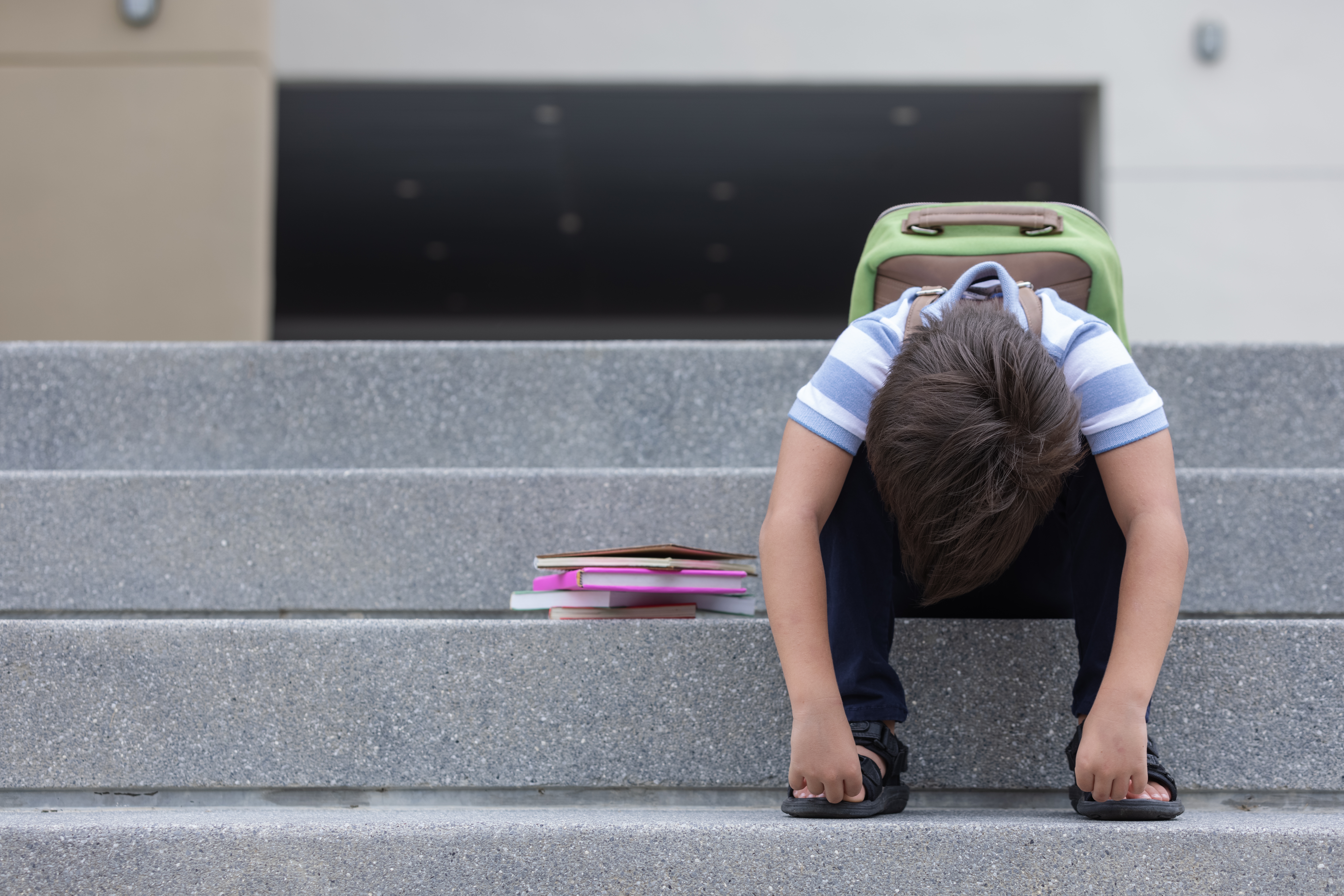The Impact of Social Media on Students' Mental Health: What You Need to Know

Social media has become an integral part of our lives, especially for students. While it can provide numerous benefits, there is a growing concern about its negative impact on students' mental health. In this blog, we will explore the impacts of social media on students' mental health and provide some tips on how to use social media in a healthy way.
1. Social media addiction and its impact on mental health:
Social media can be highly addictive, and students may spend hours on social media platforms, neglecting other important activities like studying, exercise, and socializing with friends and family. Social media addiction can lead to sleep deprivation, lack of focus, and decreased productivity, which can eventually take a toll on a student's mental health. Moreover, the constant need to check social media for likes, comments, and notifications can lead to increased stress, anxiety, and even depression.
2. Social media-induced anxiety and depression:
Social media platforms are a breeding ground for comparison, which can negatively impact students' mental health. Social media creates an illusion of a perfect life, where people only share the highlights of their life. This constant comparison can lead to feelings of inadequacy, anxiety, and depression. Students may feel like they are missing out on life or that their life is not as exciting as others, which can lead to low self-esteem and a negative self-image.
3. Negative impact on self-esteem and body image:
Social media platforms are full of images of perfect bodies and unrealistic beauty standards. These images can negatively impact students' self-esteem and body image, especially for young girls who are at a vulnerable age. Studies have shown that constant exposure to unrealistic beauty standards on social media can lead to body dissatisfaction, eating disorders, and other mental health issues.
4. Cyberbullying and its psychological impact on students:
Cyberbullying has become a significant issue on social media platforms, and students are highly susceptible to it. Cyberbullying can take various forms, including spreading rumors, name-calling, and posting humiliating pictures or videos. Cyberbullying can lead to feelings of humiliation, embarrassment, anxiety, and depression, and can even lead to suicidal thoughts.
5. How social media distracts students from their studies and affects their academic performance:
Social media can be highly distracting, and students may find themselves spending hours on social media platforms instead of studying. Social media distraction can lead to poor academic performance, decreased motivation, and lower grades. This can eventually lead to feelings of inadequacy, anxiety, and depression.
While social media has become a part of students' lives, it's important to be aware of its negative impacts on mental health. By adopting healthy social media habits, students can minimize the negative impact on their mental health and overall wellbeing. Some tips include setting a time limit for social media, limiting social media usage before bedtime, and unfollowing accounts that negatively impact mental health. It's crucial for parents, educators, and mental health professionals to help students understand the importance of digital wellness and use social media in a way that promotes their mental health. By doing so, we can ensure that students are not only academically successful but also mentally and emotionally healthy.
